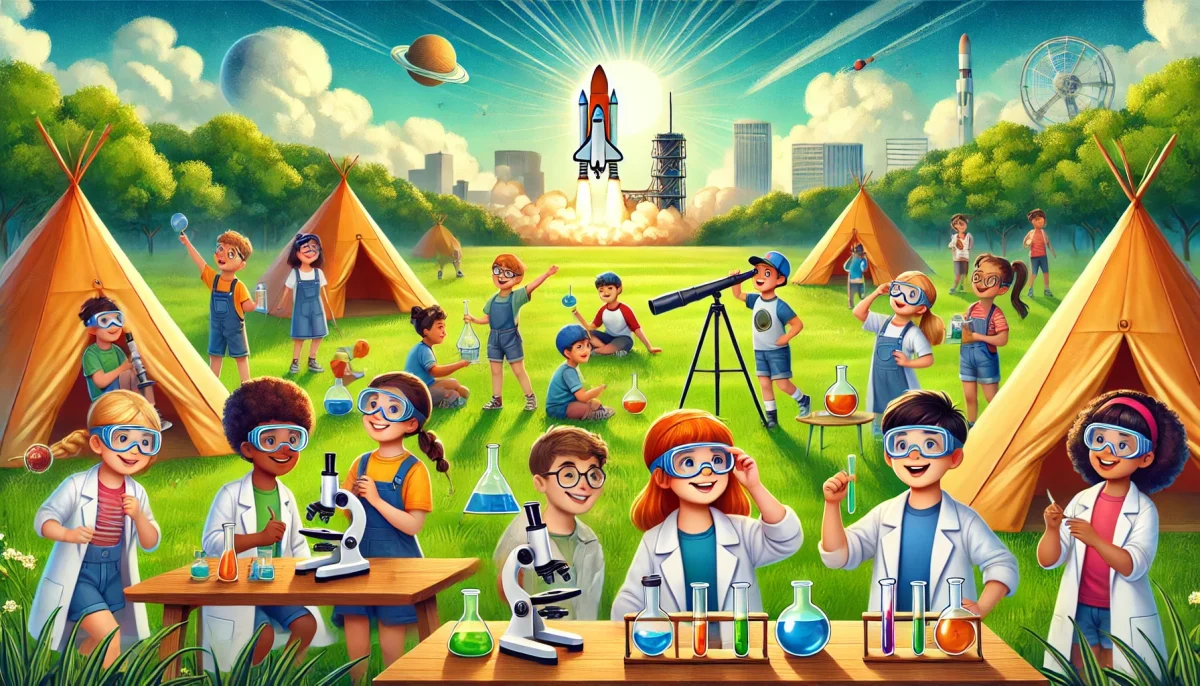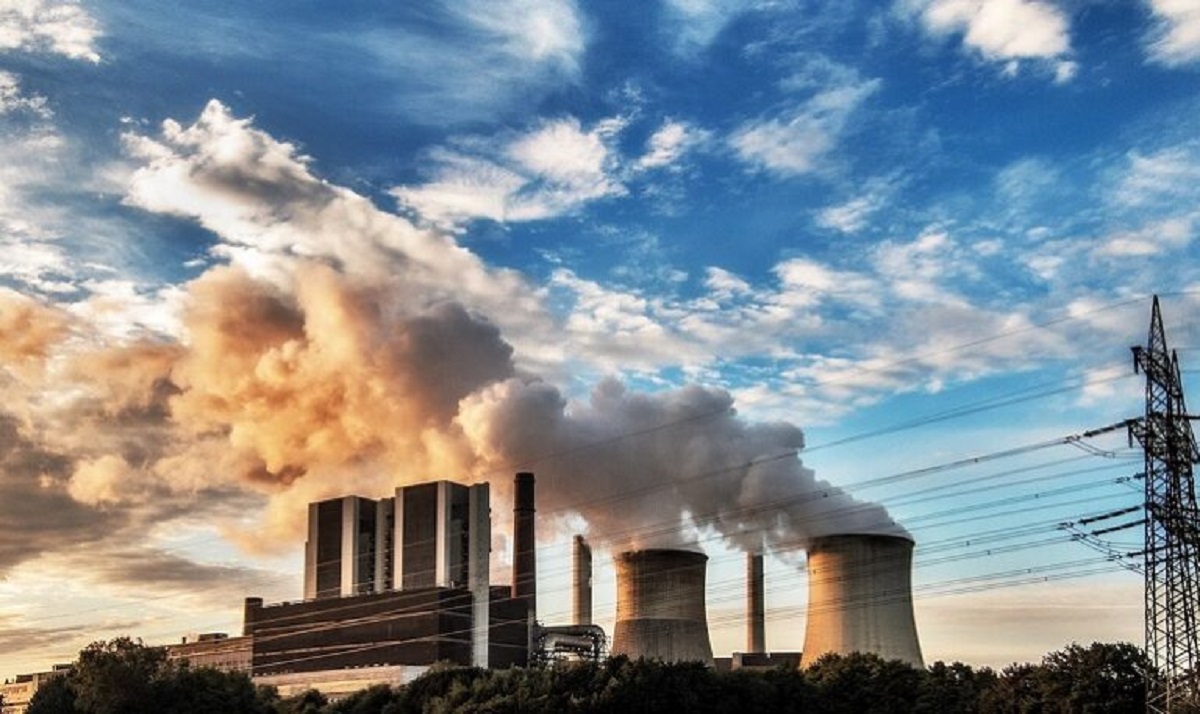Noise pollution, although not as apparent as other forms of environmental pollution, is a real threat that affects human life and the natural world daily. Characterized by excessive and disturbing sounds in the environment, noise pollution is prevalent on land and in water and serves as a symbol of continuous urbanization and industrialization by our society.
Where does noise pollution originate from? On land, it can be seen in many aspects of our daily lives, such as traffic in cities, overhead airplanes, construction sites, music concerts, etc. These sounds, which we experience nearly every day, have deeper implications on our health and the environment. In marine environments, the peaceful waters have turned into a cacophony of ships, oil drills, and disorienting sonar devices.
Noise pollution negatively affects both people and wildlife. For humans, high noise levels can lead to hearing loss, elevated stress levels, and high blood pressure. It can also impair memory, concentration, reading skills, and act as an overall distraction. According to the European Environmental Agency, noise pollution has resulted in over 12,000 premature deaths and 48,000 new cases of heart disease every year. Noise pollution can disrupt essential tasks for animals such as navigating, finding food, attracting mates, and avoiding predators, thus impacting their survival. It causes caterpillars’ hearts to beat faster and birds to have fewer chicks. In aquatic environments, noise pollution disrupts migration, reproductive, and feeding behaviors of whales and other vulnerable marine creatures.
There are several ways to address the problem of noise pollution. Governments can enforce noise limits and laws to limit loud noises or establish conditions under which these noises can be made. More sound barriers, which absorb and reflect sound, can be set up on highways and near homes to mitigate the impact of loud sounds. The simplest solution is to spread awareness of this problem to more people, so that they become conscious of their noise outputs and how that might affect the environment around them. As society continues to become more industrialized, it is important to recognize noise pollution and take measures to preserve the peace and quiet and safeguard the health of humans and the natural world.
Sources:
“Noise Pollution.” Wikipedia, 17 July 2023, en.wikipedia.org/wiki/Noise_pollution#:~:text=Article%20Talk.














![Teacher [Milk] Tea: Part 2](https://bisvquill.com/wp-content/uploads/2024/03/Screen-Shot-2024-03-19-at-9.28.48-PM.png)
![Teacher [Milk] Tea: Part 1](https://bisvquill.com/wp-content/uploads/2024/03/milk-tea.png)

































